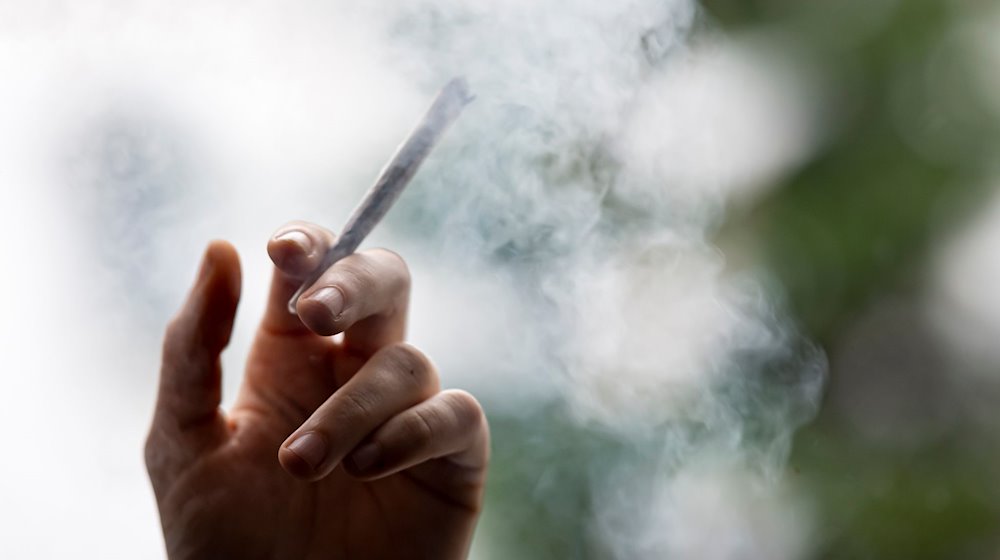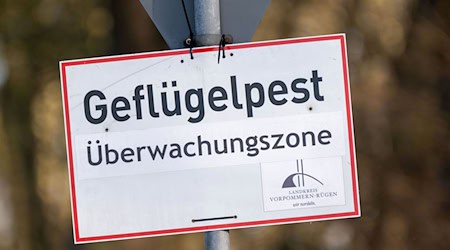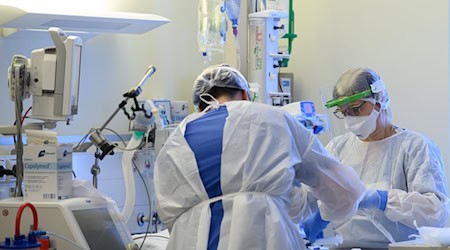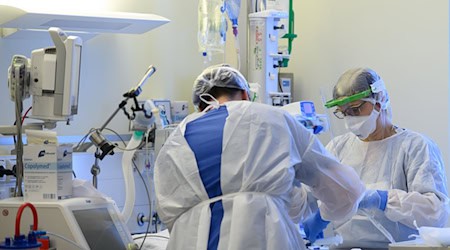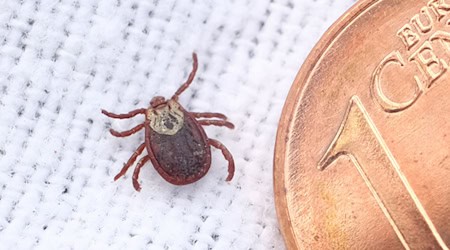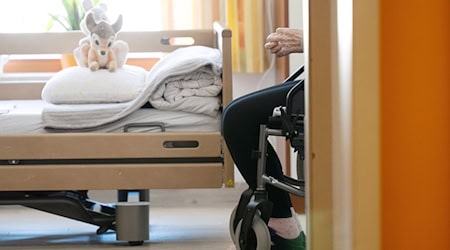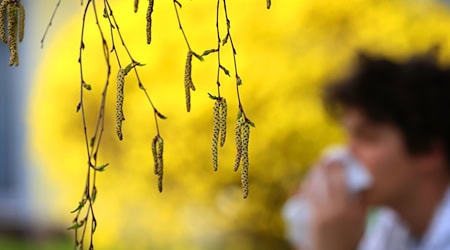Despite delays in cannabis approval, many cannabis social clubs (CSCs) in Thuringia are still waiting in the wings. "Many are now waiting for the law to come. Then things will move quickly," said Friedemann Söffing, spokesperson for the Thuringia Hemp Association. He also assumes that such an association for non-commercial cultivation will be founded in almost every major city. Only in Gera did he know that the organizers had since withdrawn. And in Jena, he is not yet aware of any efforts to found one.
According to the federal government's plans, the clubs should be allowed to start up from July. Originally, many of them had expected to start in January and some had already rented space.
The law was passed in the Bundestag on Friday. It is expected to be passed by the Bundesrat on March 22. It does not require approval, but the state chamber could in principle call on the mediation committee with the Bundestag and slow down the process.
If there are further delays, Söffing assumes that things will get tight for some clubs. "I think they'll pull out and sell their equipment."
From April, adults aged 18 and over will be allowed to possess up to 25 grams of cannabis for personal consumption. Three live cannabis plants will be legal in one's own home and up to 50 grams of cannabis for personal use. Clubs for non-commercial cultivation are to become possible on July 1. Public consumption is to be banned in schools, sports facilities and within sight of them - specifically within 100 meters as the crow flies around the entrance area.
Breaking down hostile images between the scene and the Ministry of the Interior
Warnings come from medical associations and interior politicians at federal and state level, among others. Thuringia's SPD Interior Minister Georg Maier had also expressed skepticism.
Söffing said that there were still many old enmities between the cannabis scene and the Ministry of the Interior that now needed to be broken down. The health authorities and addiction prevention centers are more open-minded. A consultant from the Thuringian Addiction Prevention Office recently said that she hoped that the release would strengthen consumer competence and that fewer contaminated drugs would be in circulation.
The current legislative plans are better than previous versions, Söffing continued. However, there are still uncertainties. For example, it is difficult to always keep track of distances of 100 meters correctly. "I hope that the police officers are well trained." In addition, it is not yet clear which limit values for toxins, heavy metals and other harmful substances should apply to the cannabis from the cultivation clubs. If these were to be as strict as the limits for medicinal cannabis, this would probably mean the end for many clubs. However, limits similar to those for tea could be introduced.
However, the transportation of cultivation areas to any dispensaries is now well regulated. In future, the countries would have to issue a type of digital transport permit, he said. The protection of sensitive consumer data is also guaranteed.
Copyright 2024, dpa (www.dpa.de). All rights reserved

